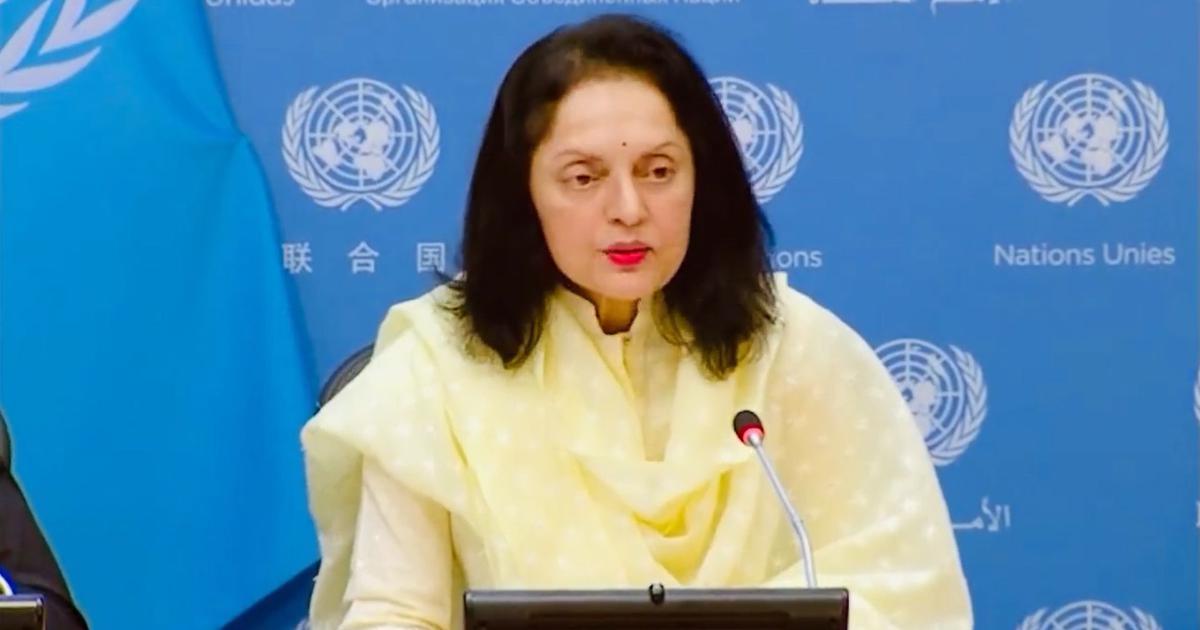Understanding World Pneumonia Day
World Pneumonia Day, observed on November 12 every year, highlights the urgent need to combat pneumonia, a leading cause of death among children and vulnerable populations worldwide. Launched in 2009 by the Global Coalition Against Child Pneumonia, this day brings attention to the preventable nature of pneumonia, which is responsible for millions of deaths each year, despite being preventable and treatable.
What is Pneumonia?
Pneumonia is an inflammatory condition of the lungs, often caused by bacteria, viruses, or fungi. This infection affects the air sacs, causing them to fill with fluid or pus, leading to severe symptoms such as coughing, fever, chills, and difficulty breathing. Vulnerable populations, including young children, elderly adults, and individuals with compromised immune systems, are at a higher risk of severe pneumonia and complications.
Why World Pneumonia Day Matters
The significance of World Pneumonia Day lies in spreading awareness about the preventability and treatability of pneumonia. Pneumonia claims more lives than any other infectious disease, yet many people still lack access to the vaccinations, treatment, and healthcare needed to prevent these tragic outcomes. By observing this day, we focus global attention on preventing pneumonia deaths and reducing the burden of this disease through concerted efforts in public health and policy.
Key Causes of Pneumonia
- Bacterial Pneumonia: Caused primarily by Streptococcus pneumoniae, bacterial pneumonia is highly contagious and can lead to life-threatening conditions if untreated.
- Viral Pneumonia: Influenza viruses and respiratory syncytial virus (RSV) are common causes. Viral pneumonia is particularly dangerous among children and the elderly.
- Fungal Pneumonia: Individuals with weakened immune systems, including those with chronic illnesses, are more susceptible to fungal pneumonia caused by inhaling fungal spores.
Prevention and Treatment of Pneumonia
Prevention
Preventing pneumonia is possible with access to vaccines and basic hygiene practices. Key preventive measures include:
- Vaccination: Vaccines like the pneumococcal and Hib (Haemophilus influenzae type b) vaccines are effective in reducing the risk.
- Nutrition and Sanitation: Proper nutrition strengthens the immune system, while clean water and sanitation reduce the spread of infections.
- Education and Awareness: Educating communities about symptoms, risk factors, and when to seek medical help can save lives.
Treatment
For individuals diagnosed with pneumonia, timely treatment can significantly improve recovery:
- Antibiotics and Antivirals: Bacterial and viral pneumonias are often treated with appropriate medications, which are most effective when administered early.
- Supportive Care: Oxygen therapy, hydration, and fever management can help alleviate symptoms and speed up recovery.
- Hospital Care: Severe cases may require hospitalization, especially for those with underlying health conditions.
The Role of Vaccination on World Pneumonia Day
Vaccination plays a crucial role in preventing pneumonia, particularly among high-risk groups. The WHO and UNICEF advocate for expanding vaccine coverage to prevent pneumonia globally. On World Pneumonia Day, healthcare organizations and governments emphasize the need for accessible and affordable vaccinations. Immunization campaigns aim to protect children under five years of age, who represent the highest percentage of pneumonia deaths.
Global Efforts to Reduce Pneumonia Mortality
World Pneumonia Day rallies global efforts to reduce pneumonia-related mortality rates, especially in developing nations with limited healthcare resources. Organizations like the WHO, UNICEF, and GAVI, the Vaccine Alliance, work in partnership to provide resources, research, and funding for low-income countries. These efforts include:
- Funding for Vaccination Programs: Providing affordable or free vaccines to at-risk populations.
- Strengthening Healthcare Systems: Ensuring that health workers are trained to recognize pneumonia symptoms and administer treatment.
- Research and Innovation: Developing new vaccines and affordable treatments to reach the most vulnerable communities.
How You Can Contribute to World Pneumonia Day
World Pneumonia Day offers everyone a chance to contribute toward a healthier world. Here are some ways individuals and organizations can participate:
- Spread Awareness: Use social media platforms to share information about pneumonia prevention and World Pneumonia Day campaigns.
- Support Healthcare Initiatives: Donations to healthcare organizations or support for vaccine distribution can make a difference.
- Educate Others: Informing family, friends, and community members about pneumonia symptoms, prevention, and treatment can save lives.
- Volunteer: Many organizations, especially in high-risk regions, welcome volunteers to help in clinics and awareness campaigns.
Looking Forward: A World Without Pneumonia
The ultimate goal of World Pneumonia Day is to envision a world where no one dies from this preventable disease. With continued efforts in awareness, vaccination, and improved healthcare access, the dream of eradicating pneumonia-related deaths can become a reality. By standing together on World Pneumonia Day, we can help save lives and create a future where everyone has access to life-saving healthcare solutions.



